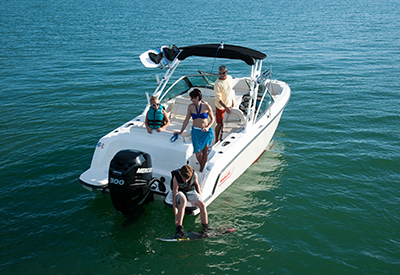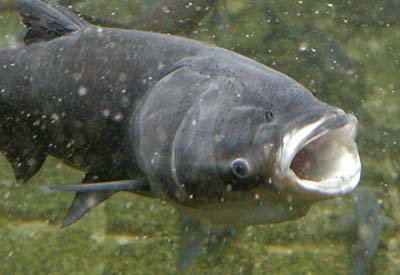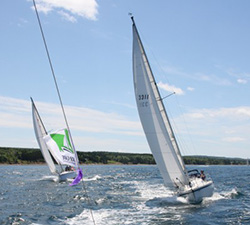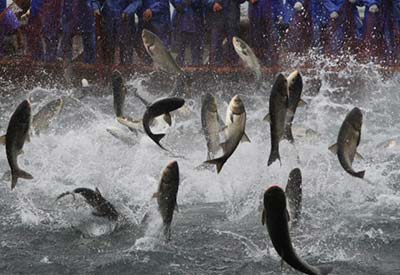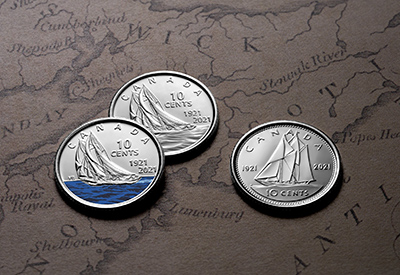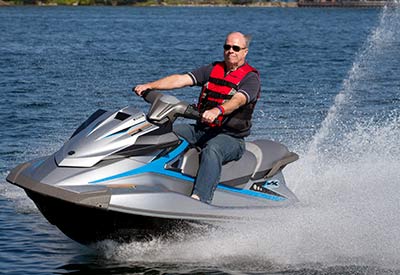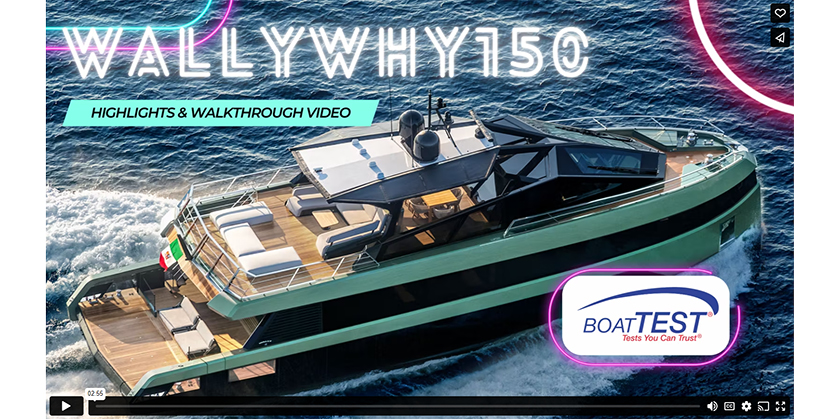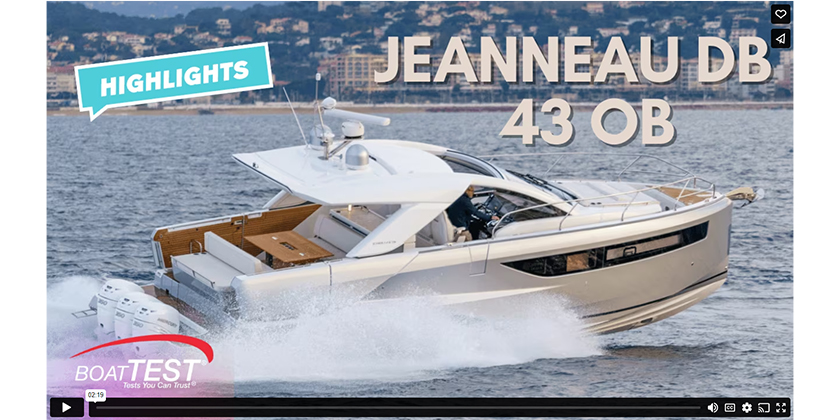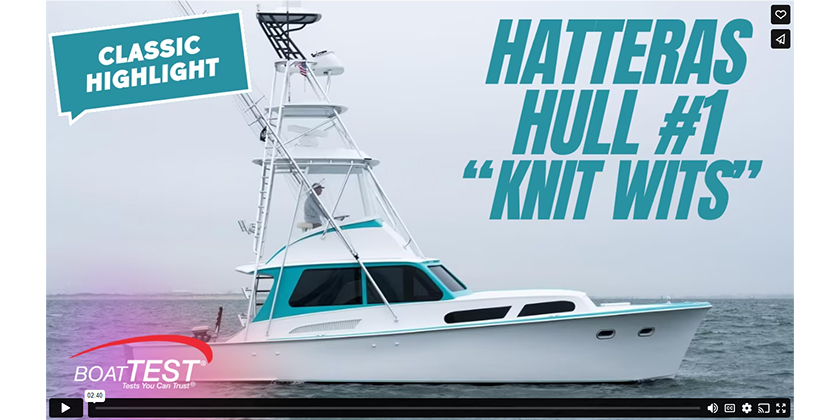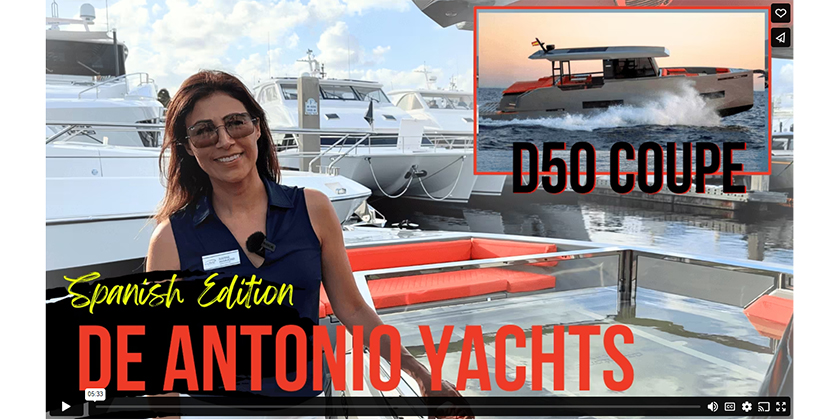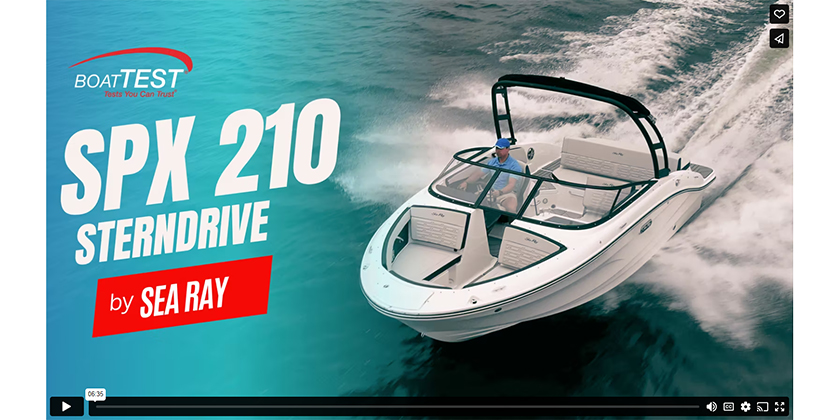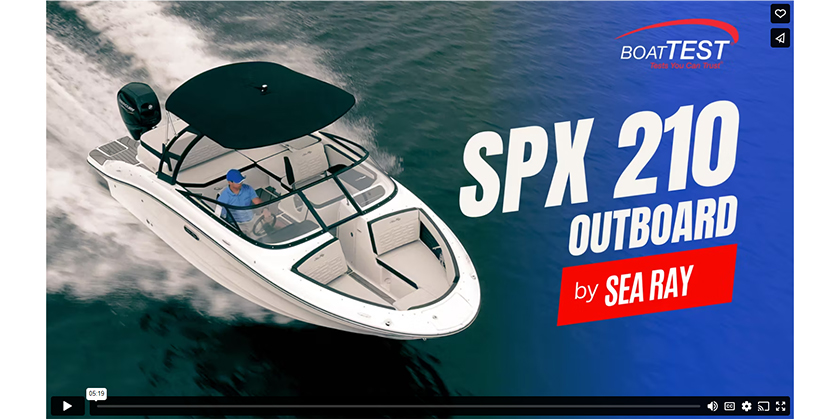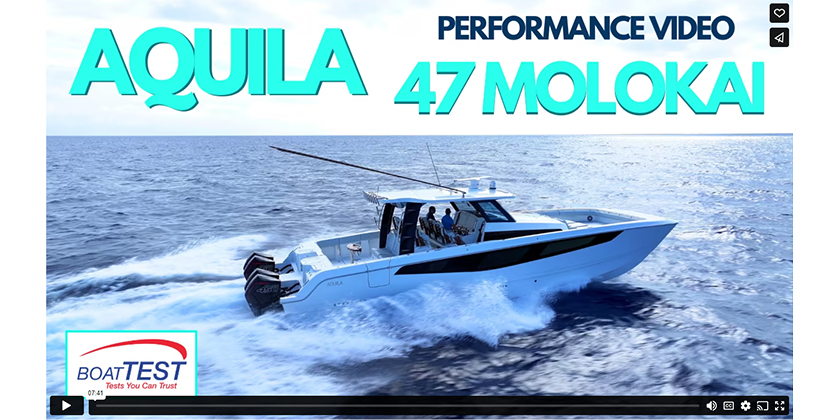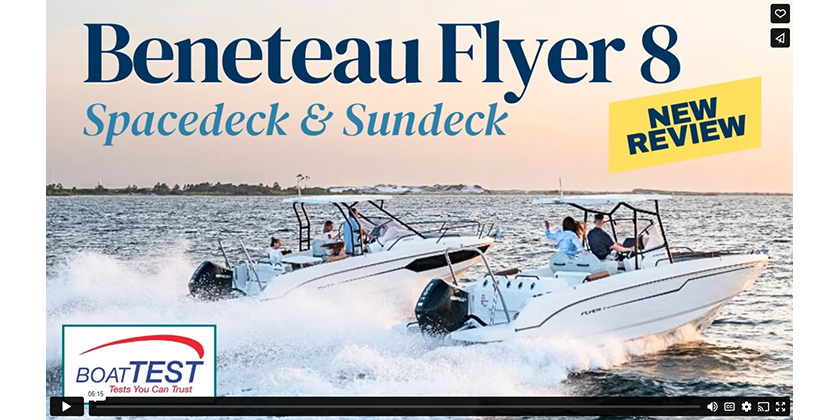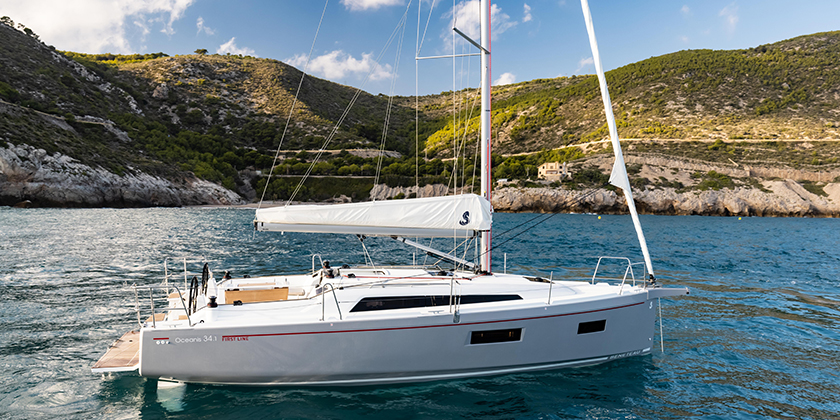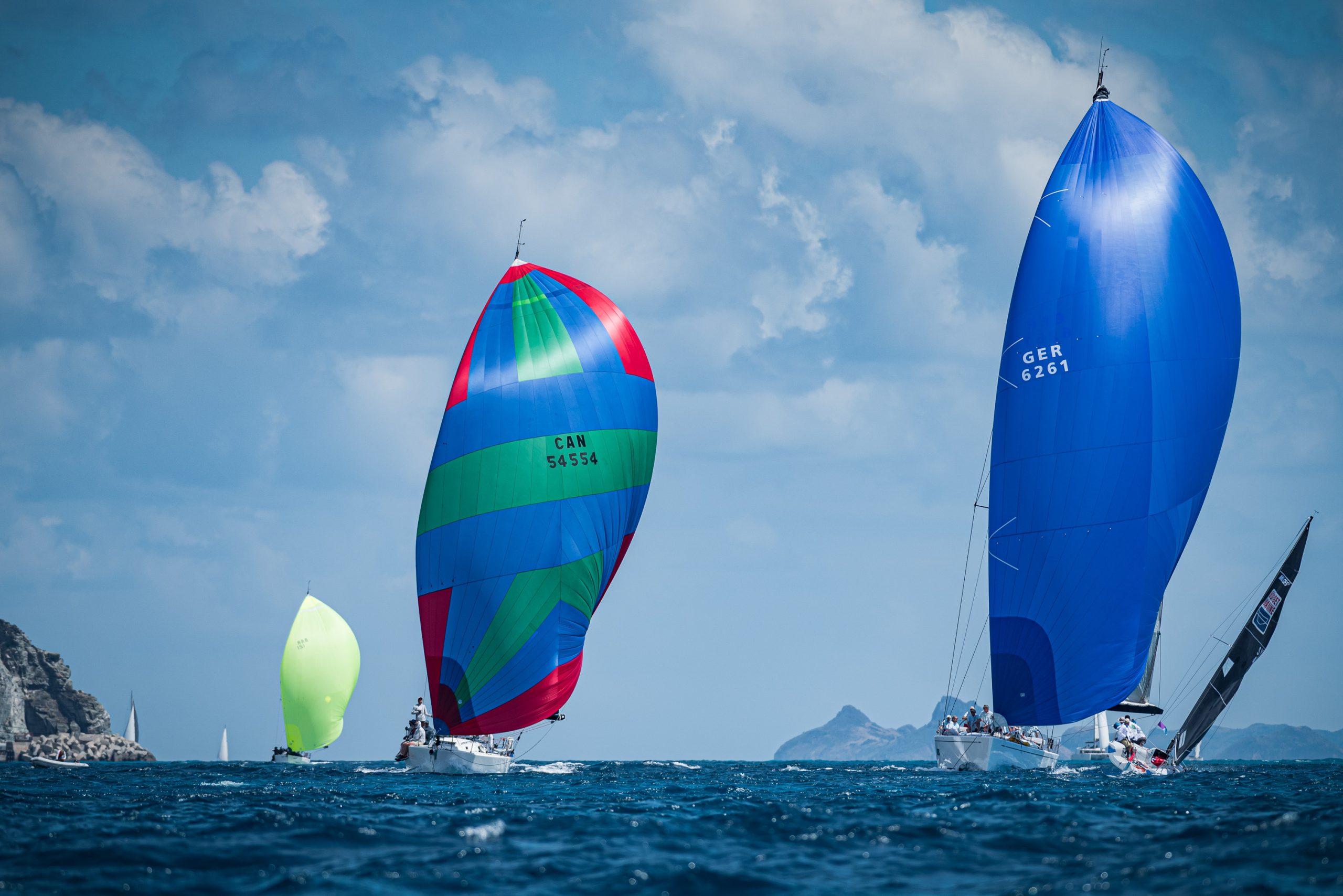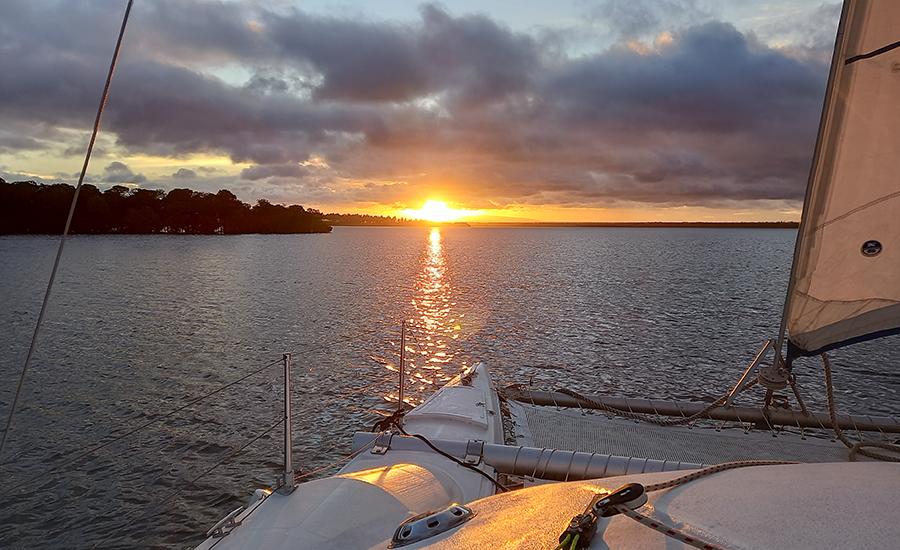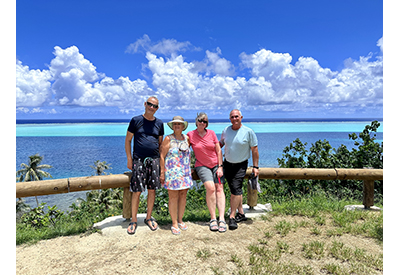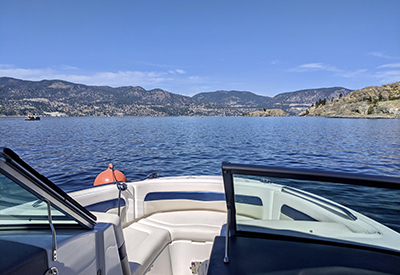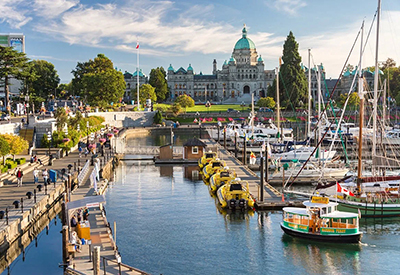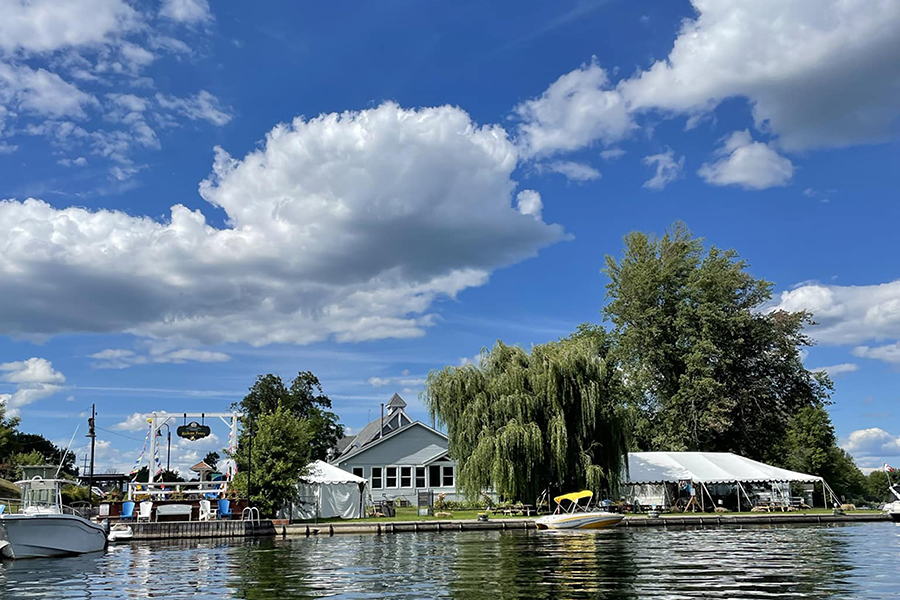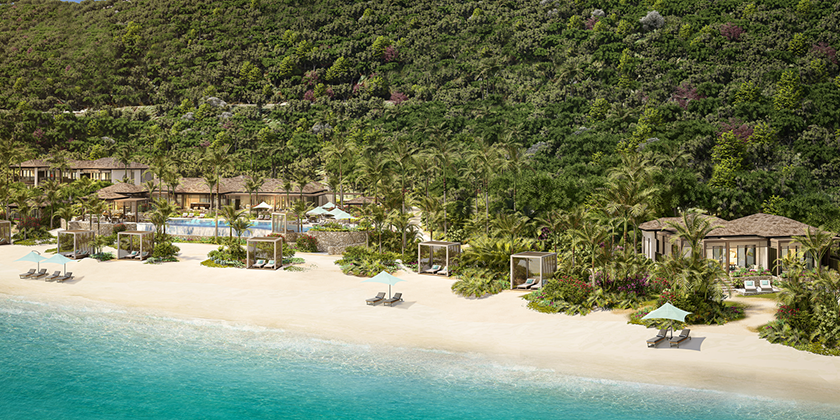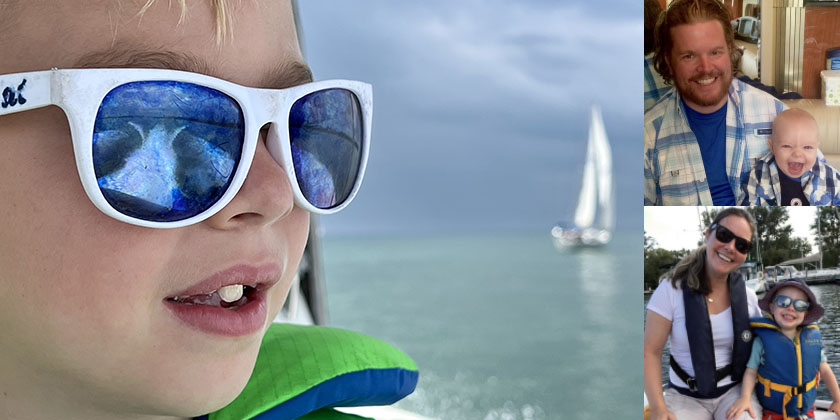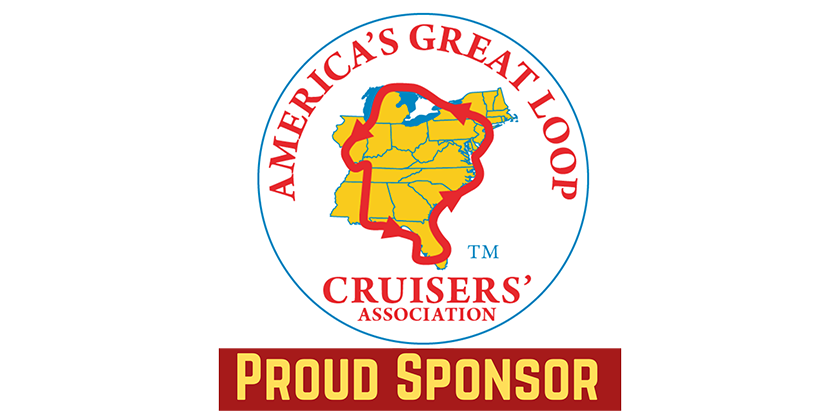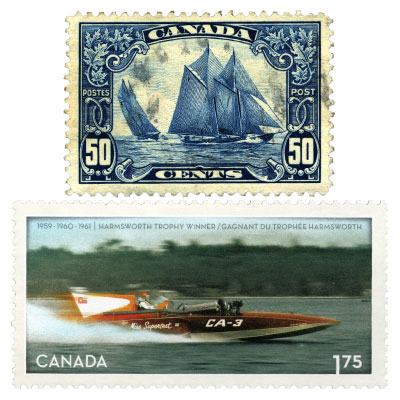Your Input: Proposed Transport Canada Pleasure Craft Licensing and PCOC Fees
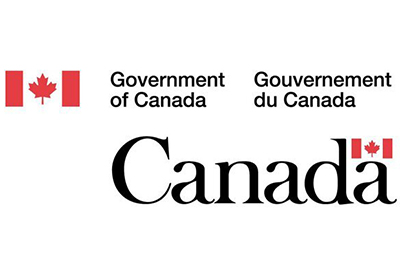
Dec 17, 2020
The Transport Canada (TC) Office of Boating Safety (OBS) wants to hear from stakeholders, especially those with a particular interest in pleasure craft, on the changes under consideration to the Pleasure Craft Licensing Program and the Pleasure Craft Operator Competency Program.
TC is inviting members of the boating community to provide feedback on the proposed changes to the Pleasure Craft Licensing and the Pleasure Craft Operator Competency Programs on the Let’s Talk Transportation consultation webpage. The forum will remain open until January 15, 2021.
Stakeholder input and comments submitted through the Let’s Talk Transportation webpage will be considered in the development of the regulatory amendments.
Andy Adams, the editor of our sister publication Boating Industry Canada wrote last week “There is history to this. Back in the 1990s there was an effort to modernize the vessel licensing program. There was hope at the time that the government would use the revenues to support recreational boating, but while the licensing program was improved, the money went into general revenues.
The Pleasure Craft Operator Card (PCOC) program came into force a little after and some from Transport Canada welcomed the idea of having the private sector handle that. After a phase-in and now about twenty years of operation, the PCOC program has been updated and improved, but the original concept seems to still be working.
Now the government has invited interested parties, especially those in the pleasure boat industry, to provide their input into their process of revising the vessel licensing and PCOC programs.
“So far, the vessel licensing cost is proposed at just $15 dollars for a 5-year term, so it’s hard to call such a modest amount a cash grab. Still, many feel the money should be used to support boating and we think that makes sense. One of the people I interviewed on this, reminded me that in the U.S., they created “The Aquatic Resources Trust Fund” or Wallop-Breaux, named after former Senators Malcolm Wallop (R-WY) and John Breaux (D-LA), who created a user-pay fund in 1984 to enhance the American boating and fishing experience. Congress now allocates funds generated directly by boaters through taxes they pay on motorboat fuel and fishing tackle, along with other fees, to provide boaters with new and improved docks and piers, wetlands conservation and boating safety programs, among many other boating and fishing initiatives. More than $4 billion has been collected and invested in the program since its inception.
“In Canada there are similar road taxes paid by boaters on the fuel we use. That is something to think about. Better infrastructure in the form of environmental programs, piers, launch ramps and other facilities used by boaters, (and benefitting tourism in the process) could be self-funded.
“Also, you may recall that some years ago, our federal government gave all the small craft harbours across Canada, to the municipalities where they were located and saved millions by in effect, down-loading those costs to the local residents.
“My own municipal government is facing deteriorating waterfront facilities while the population increases and their expectations for water access rises. “

